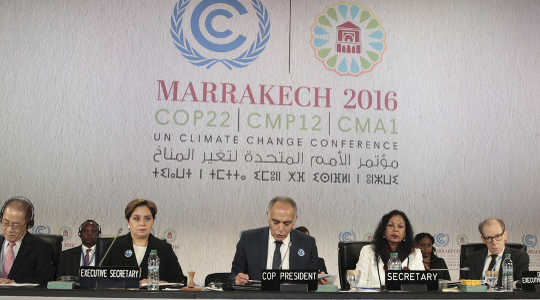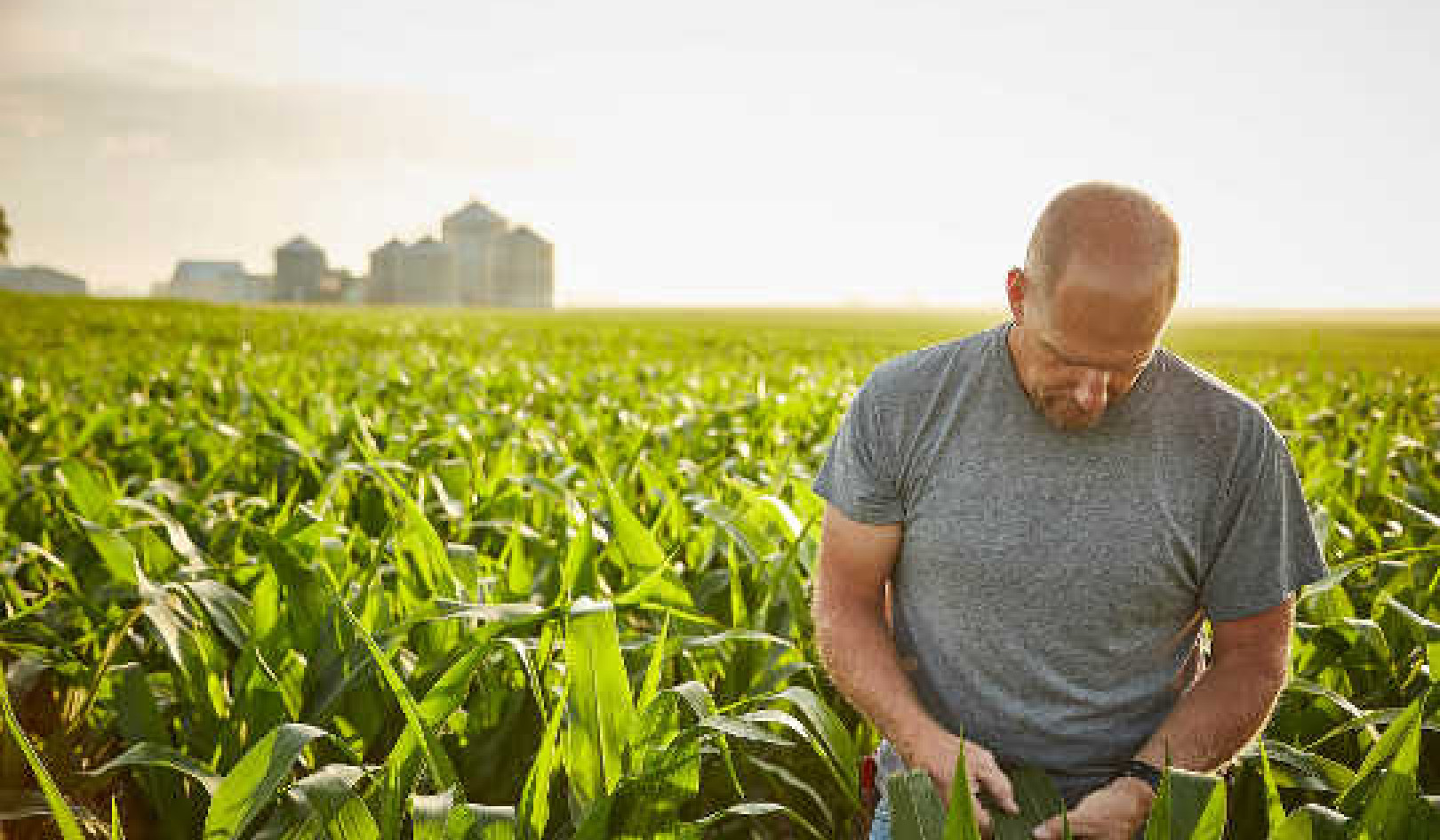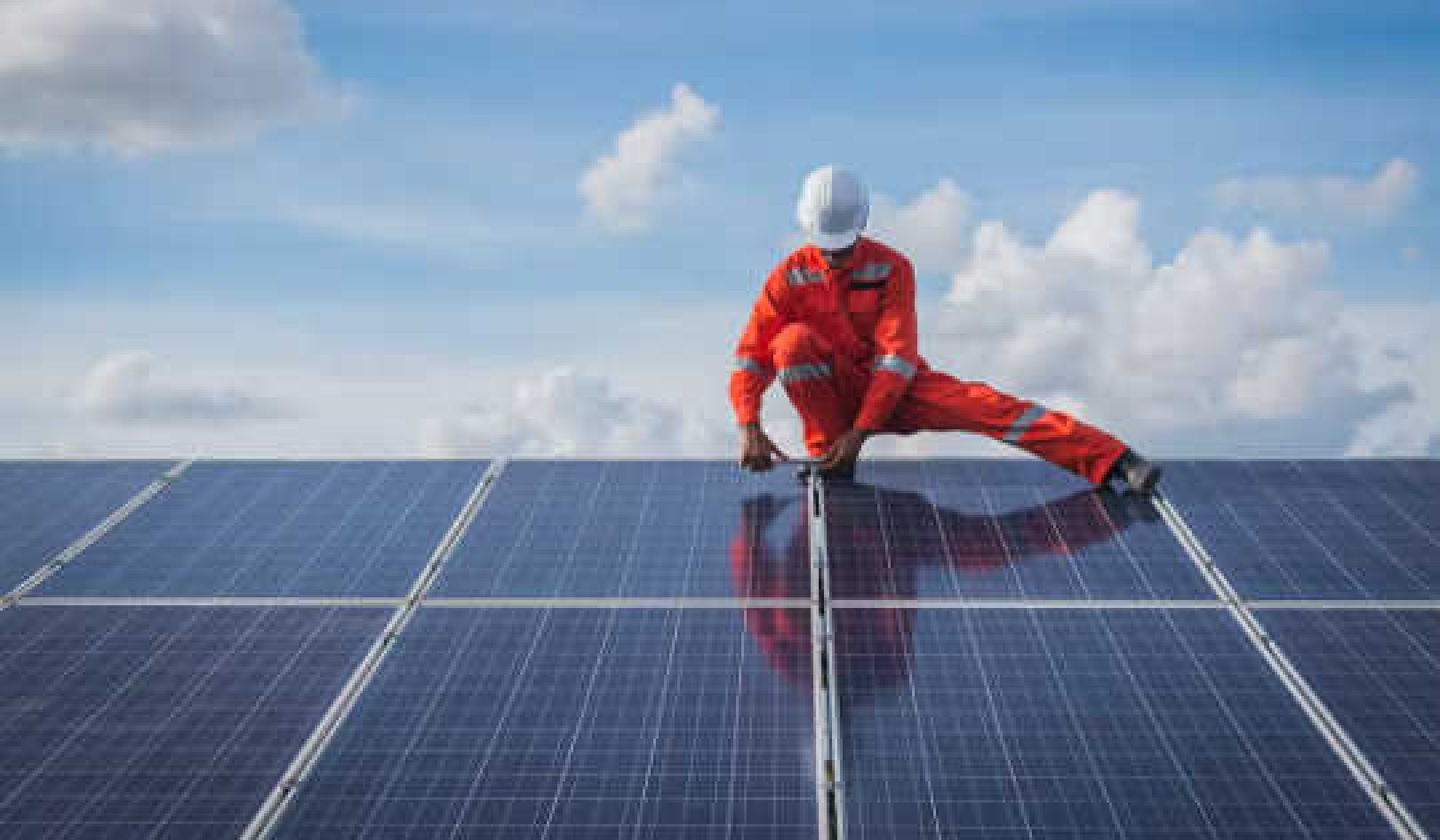
Over breakfast at our riad in old town Marrakech, conversation was dominated by Donald Trump’s election victory and what kind of world we had woken up to.
We’re here in Morocco for COP22, the latest round of UN climate change talks. Climate experts from across the world have gathered here to decide on the actual detail of the Paris Agreement which was signed last year at the previous conference, COP21. Our group from the University of Sheffield is very diverse – delegates come from India and Zimbabwe as well as Britain – yet we were all in agreement: Trump’s election is shocking and scary news for the world.
We arrived at the COP22 “blue zone” for delegates and were quickly approached by a French TV crew, wanting to hear our thoughts on Trump. Unsurprisingly, we said this was a disaster for the climate and a disaster for global equality.
It then began to dawn on us that there was something very different about the atmosphere at COP22. When we visited Paris last year, the sense of excitement in the air was palpable. But today, things feel altogether more sombre.
Trump’s assertion that climate change was a hoax “created by the Chinese” was never far from any of our minds.
Swedish and American delegates discussed with us their concerns that Trump would now seek to renege on the US’s ratification of the Paris climate treaty. The Americans hoped “the system” would not let him.
An American artist we spoke to couldn’t even express her shock. She lived in Marrakech, she told us, and her work asked questions about human nature and our existence. Now, she questioned what had happened to her home country.
A Norwegian delegate and negotiator said the world needed to unite to contain right wing populism. And a member of the Libyan negotiation team, who had lived in the UK for five years, said, pessimistically, that this was just a game of democracy. For us, it feels like the endgame of neoliberal democracy.
We’ve seen big anti-establishment movements before – after the 1929 Wall Street crash in the US, for instance, during the rise of fascism in 1930s Germany, or in response to various more recent recessions.
But, as scientists, we feel that the impact of these historic events on the environment was buffered by the planet’s natural resources, which allowed economic growth to continue. In the UK, for example, the economy was rescued by the exploitation of North Sea oil. Those resources – or at least those resources we could use remotely sustainably – are now all but exhausted.
Americans have elected an anti-sustainability president, a man unwilling to face up to environmental degradation. The US people have voted for a dream based on a time past – when America was “great”, oil prices were low, and the white working class felt secure. Whether the planet has the capacity to support a new round of unsustainable consumption is highly in doubt.
However, it was brought starkly home to us that the rest of the world feels that Brexit paved the way for Trump’s victory. As a Moroccan scientist candidly said to us: “Well, you started it.”
To get a broader perspective, we moved from the UN delegate area to the “green zone”, where companies showcase their sustainable technologies and civil society organisations explore their role in climate change mitigation. Our conversations here made it apparent that this diverse community has the appetite to effect change, but will need to demand sustainability and reject economic models dependent on growth.
We, as a planet, now have to choose between the path of self-destruction by overconsumption or a more equitable and sustainable future.
![]()
About The Author
Tony Ryan, Pro-vice Chancellor for Science and Director of the Grantham Centre for Sustainable Futures, University of Sheffield and Duncan Cameron, Professor of Plant and Soil Biology, University of Sheffield
This article was originally published on The Conversation. Read the original article.
Related Books:
at InnerSelf Market and Amazon























